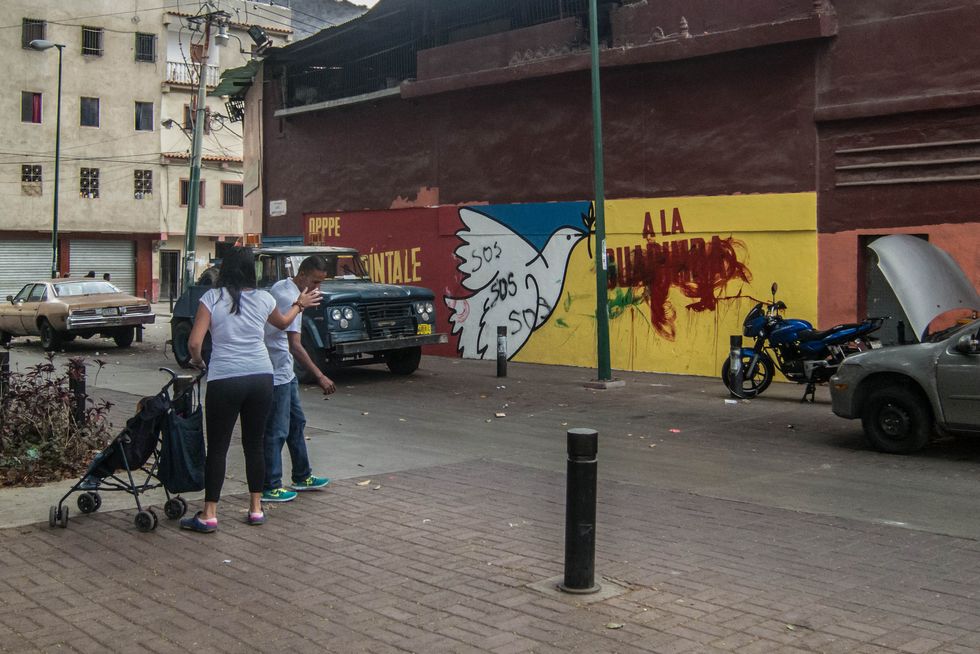In a move that shocked both Venezuelans and the international community, Venezuela’s Supreme Court abruptly reversed a ruling that ensured Nicolás Maduro’s one-man rule over Venezuela on Saturday. Last week, the Supreme Court stripped the opposition-run National Assembly of its power to make laws, handing that ability to itself while also consolidating President Maduro’s power even more. The move rocked a nation that is already three years deep in crisis even more, and had the potential to completely break down one of Latin America’s longest democracies.
Luis Almargo, the head of the Organization of American States, stated “what we have warned of has finally come to pass”, in the wake of this constitutional upheavel. The OAS pledged to investigate Venezuela for breaking the group’s democratic charter, but before it could Maduro pushed the Court to “review” the order, making himself a step removed from controversial policy once again.
Maduro faced an uproar not only on the streets across the entire country, but some of his closet supporters as well. Venezuela’s Attorney General and long-time chavista Luisa Ortega Díaz stated that the Supreme Court violated the constitutional order and it was her “unavoidable historic duty” as a Venezuelan citizen to step in.
Granted, she could have done that while Maduro signed off on multiple executive orders furthering his power, or when he abandoned all pretenses of concern for his people in favor of continued rule, but better late than never.
In more promising news, Maduro shying away from pure rule by force demonstrates both the international and regional communities’ potential to strengthen democratic governance, as well as the final cracks in his presidency beginning to give way. Venezuela once again has a chance to impact politics in the region for better or worse.




 Energetic dance performance under the spotlight.
Energetic dance performance under the spotlight. Taylor Swift in a purple coat, captivating the crowd on stage.
Taylor Swift in a purple coat, captivating the crowd on stage. Taylor Swift shines on stage in a sparkling outfit and boots.
Taylor Swift shines on stage in a sparkling outfit and boots. Taylor Swift and Phoebe Bridgers sharing a joyful duet on stage.
Taylor Swift and Phoebe Bridgers sharing a joyful duet on stage.













